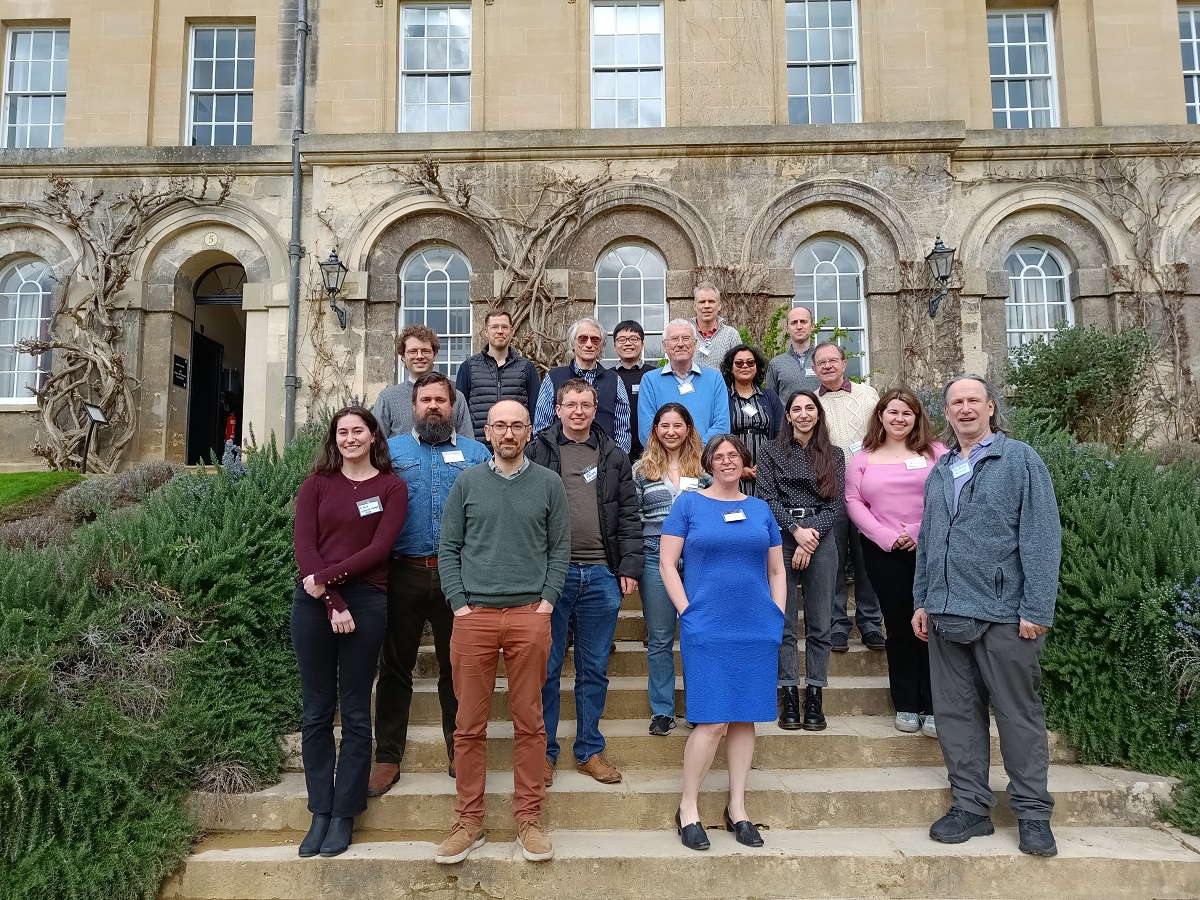
Monday 18 March saw the 5th meeting of the Challenger Society Special Interest Group on Surface Waves, at Worcester College Oxford. There were 20 scientists in attendance in person, with a further ten participating online.
We had a range of topics covering detailed observations of an individual breaking wave, to the impact of lakes in a global earth system model. I was particularly pleased with the range of expertise on show, with talks from consultancy, academia, and operational centres.
We had talks regarding the skill (and limitations) of wave buoy and satellite data, getting to the heart of some of the sources of uncertainty in wave data and how to get the most out of wave observations. New numerical methods were showcased, including the use of machine learning, and state-of-the-art wave models. During the day we had two discussion sessions, themed around science priorities in wave research, and the development of strategic partnerships. In our lunch break our hosts gave a short tour of the Worcester College grounds, for informal observations of wave generation over their picturesque lake. I would like to extend my thanks to our sponsors; the University of Oxford, National Partnership for Ocean Prediction, Planet Ocean, and of course the Challenger Society.
A summary of the discussion session, and slides from the talks are available to download below.
If you would be interested in attending future meetings, or would like to join our mailing list, please contact Lucy Bricheno: luic@noc.ac.uk